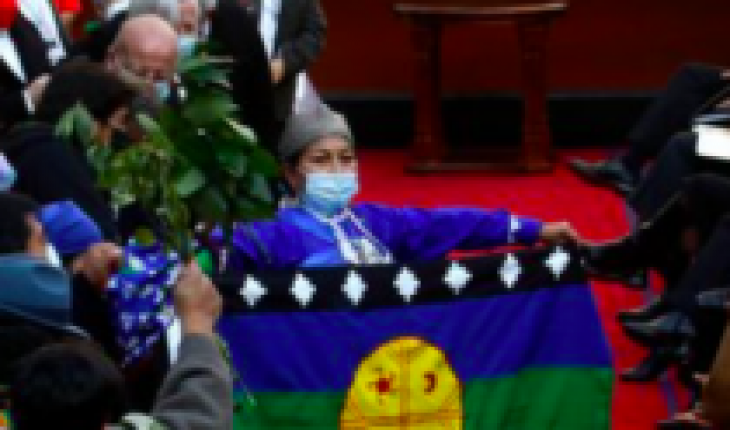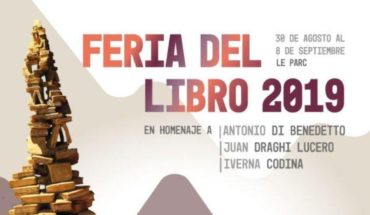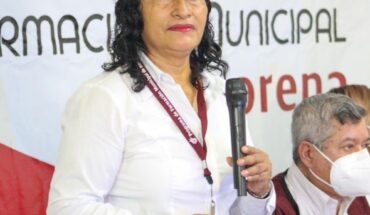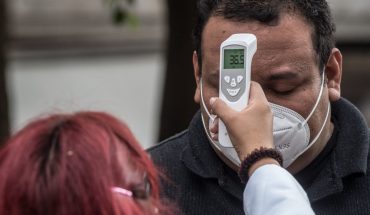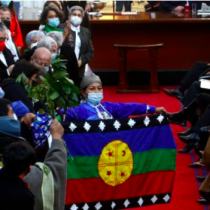
With the committees, we no more seeing each other. We only have plenary sessions on Tuesday mornings. During the afternoon, committees, although this coming Tuesday they mutter that the plenary will pass by. The discussion about assignments could get complicated. There are constituents who come from afar and who need to pay the costs of their journey, and supports of different order to carry out our task with professionalism. Austerity and transparency should be the rules that govern us, and clear language when communicating, in order to counteract the mistrust and the obvious will of those sectors that want to discredit this process.
No one is here for the money, although for some it is more than usual. You only have to spend a day inside the former Congress building to realize it. We all play our part, right or wrong, but with intensity. No one slacks. We know that this is important.
If the plenary is the school, the committees are the courses. There we get to know each other closely while we do our homework. I participate in the Communications and, except for a dispute with Teresa Marinovic, the group spirit has reigned. We have never voted; we always resolved by agreement, at least until today. The jokes start to break out. After a morning that we spent on our heels, Nicolás Nuñez asked for the floor to tell us that his grandmother, at this point, would ask: “And when do we throw the potatoes in the casserole?”
This week we received the accredited press, the College of Journalists and the Association of Women Journalists to tell us how to facilitate their work; to the Archives and the National Library to help us record everything and have, inside and outside the convention, various constitutional information. We met with the ANP, the Commission of Regional Newspapers, Anatel, Archi and TVN, to count on them in the dissemination and civic education that this process requires. Especially with TVN, because it is a public channel.
During the accountability that the bureau and the coordinators of the commissions held in the plenary at the end of a month, Vice President Bassa highlighted the support received from the different state institutions, making us another of them. Practically all of us highlight the good atmosphere. I myself was elected coordinator with votes from republicans and frenteamplistas, and Loreto Vallejos, from the People’s List, almost in the same way and without further discussion.
There are two officials of the Chamber of Deputies who, on secondment, participate in our committee: Margarita Cereceda, the only journalist who has the convention, and Carlos Cámara – “there I am told that I work in my dad’s business” – our secretary, a lawyer whom we thank daily for his immense contribution, and responds: “I consider it a privilege.” He knows republican formalities and gives institutional form to our decisions. After years in parliament, it is a piece of city in the middle of the jungle.
Nobody goes to the Pereira Palace, where our offices are supposed to be. Although it is a few blocks away, it belongs to another county. Ours is limited to the block of Cathedral, Company, Flag and Morandé, where the National Congress met until a coup d’état closed its doors.
The building is an immense labyrinth in which two worlds that do not touch oneself coexist: the Senate and the Chamber of Deputies. We only inhabit the second, although lately we have crossed the border to use some rooms on the other side, infinitely more stately. Each senator has an office there with his name engraved in bronze, there are period paintings in the corridors and if they have not provided us with greater ease their dependencies, it must be for the same reason that when walking through it airs of superiority are perceived.
The Convention, on the other hand, rejects hierarchies, although it is true that our president, Elisa Loncón, seems to have captured a mysterious height. It is not treated with the same spontaneity that inhabits the rest. It is rare to find her alone. A court accompanies her.
The indigenous has achieved an unusual relevance. A Mapuche woman heads the convention, a machi occupies the first seat of the hemicycle and the pachamámicas ceremonies replaced the Christian masses in there. To celebrate the first month, the peoples of the north made pleas to mother Earth and representatives of all political sectors shook hands to dance a round, while steaming the Andean herbs. This is not a religious conversion, nor a return to primitivist utopias, nor misplacements. new age. Aunt Picachú and the dinosaur also had their moment. They are the despised dreams and games, the aesthetics alien to the hegemonic taste, the historically subdued looks that burst, now without street rage, in the community agreement.
Chile’s particularity, at the moment, is not polarization, which abounds in many parts of the world, but the institutional path we chose to channel it. We discussed the new democracy again in the same place where the old one died. Gabriel García Márquez told, as a great curiosity, that he did not know another country where the canillitas sold codes and laws in the streets.
translated from Spanish: The primes month
August 8, 2021 |
